Concern about your child's academic performance is natural. You may compare your child to cousins, a friend's child, or siblings to try to gauge their performance. How can you know if your child is on grade level and advancing as expected?
In my experience as a Montessori teacher and mother to three, I've been on both sides of this issue. In these roles, I've learned that both parents and teachers want the best for the children in their care.
To gain additional perspective, I spoke with Karina Chacón, a seasoned educator. Chacón has been teaching kindergarten and elementary students since 2010. Read on to gain insights into whether or not your child is on track and tips about helping your child achieve academic success.
How Do I Know if My Child Is Behind in School?
Your child comes home with a test covered in red ink and a much lower grade than usual. It happens to almost every student at some point and doesn't necessarily mean your child is behind in school. Yet, if your child seems to struggle with academics regularly, they may require additional support.
As a parent, understanding expectations can help alleviate or validate concerns. What I've found to be most helpful for parents is clear communication. Each grade level in school features different standards and requirements that aren't always transparent to parents.
Parents who are concerned about their child's performance should set up a parent teacher conference. In the meeting, parents learn more about their child's school experience and the standards their child is expected to meet.
Another way to track your child's progress is with testing. In the United States, most children take standardized tests in language arts and math from third through eighth grades and then once in high school. These tests are not always an accurate assessment of your child's abilities.
Some kids struggle with testing and may perform poorly simply because they're nervous. That said, these tests can sometimes help flag issues that parents and teachers can follow up on.

What Should I Do if My Child Is Falling Behind?
If your child is falling behind, you may feel worried or upset. As a parent and former teacher, I'm here to tell you that it's going to be ok. The important thing is that you're aware and working toward solutions.
When children who experience learning difficulties get the support they need, they can excel! Also, remember that everyone has different strengths, interests and abilities. If your child struggles in math, chances are they shine in other areas.
According to Chacón, the first step to take if your child is falling behind is to "have a meeting with your child's teachers. Teachers will share their observations and offer you some guidance. If they are also concerned, it is important to schedule a psycho-educational assessment to best support your child. This will help prevent them from falling behind in their learning,"
Remember, you and your child's teacher are on the same team. The goal is to work together to support your child so they can achieve their full potential. In some cases, you may also need to involve other school staff such as administrators or experts in reading or special education.
Why Is My Child Struggling in School?
Many learning challenges may be impacting your child's school experience. Sometimes, there is no specific reason your child is having trouble. Some kids simply take longer to learn some skills and concepts or require additional support. Other times, a learning disorder or medical condition may come into play.
ADHD and autism are just a few disorders that may affect your child's school experience. Many children receive a diagnosis during preschool or kindergarten. However, some children don't receive a diagnosis until later.
Parents should also speak to their child's pediatrician. According to the AAP, when chronic illnesses aren't treated, this can affect academic performance. Other concerns may include hearing loss, a need for glasses, a speech delay, or a fine motor delay.
Once you understand your child's needs, you can get the support your child needs. Work closely with your child's teacher and school to make a plan for your child. Depending on your child's needs, the plan might include in-school tutoring, physical therapy, speech therapy, the support of an aide, and/or in-class accommodations.

What Does Normal Academic Progress Look Like for Kindergarten and First Grade?
Kindergarten and first grade are the first formal years of schooling for many children. They are fundamental in your child's school years. During kindergarten, children learn to read and in first grade, children solidify this skill. These are also essential years for learning basic math skills.
So, what should parents look for in academic progress during this time? Chacón explains, "Each child learns at his or her own pace. Some take longer than others to develop certain skills and others can acquire some skills more quickly. This may depend on factors such as emotional maturity, their learning style, previous experiences, and the support they receive."
One helpful analogy is making popcorn. Although all the kernels are in the same pot and in similar conditions, they pop at different times. Some children learn to read easily during kindergarten, while others aren't ready until first grade. My own children displayed this clearly. Each one learned when it was right for them, whether that was at the age of 4, 5, or 6.
Many academic skills are similar to milestones of babyhood like crawling or walking. Not every child accomplishes them at the same age. Yet, as long as your child is making progress, they'll get there when they're ready.
If your child's teacher raises a concern, Chacon says that early intervention is key. "Being behind in reading or math in the early years won't always affect them later," she explains. When there is a learning difficulty, "it's important to give children time and provide the support they need," she says.
How Parents Can Support Academic Success
Parents can have a positive impact on their child's success. In my experience as a teacher, when parents communicate and show interest in their child's learning, it improves many markers. From better academic performance to a positive attitude, parent involvement plays a major role.
Research shows that when parents get involved, children perform better at school. Some simple ways to boost your involvement include:
- Attending events at school
- Attending parent-teacher conferences and getting in touch with your child's teacher
- Encouraging your child
- Asking your child about their homework and providing a quiet space to do it
- Talking with your child about their academic and social experiences at school
- Volunteering at your child's school
If you're not sure how you can support your child's academic success, ask your child's teacher. Your child's teacher has a good sense of your child's strengths and areas where they need support. Often a quick email or chat can provide feedback that you can use to support your child's academic success at home.
Set Your Child Up for Success
The first step to your child's success is for you, their parent, to care. With your support, your child can overcome any struggles they may experience in school. Never hesitate to contact your child's teacher for help. Working together, you can ensure your child has the best school experience possible.
Sources:
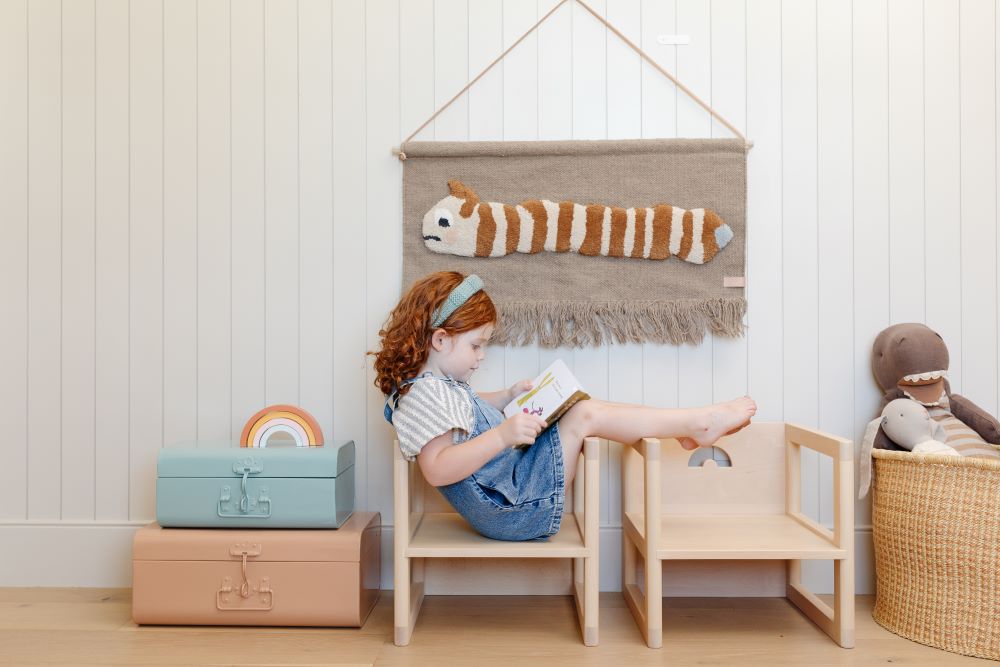

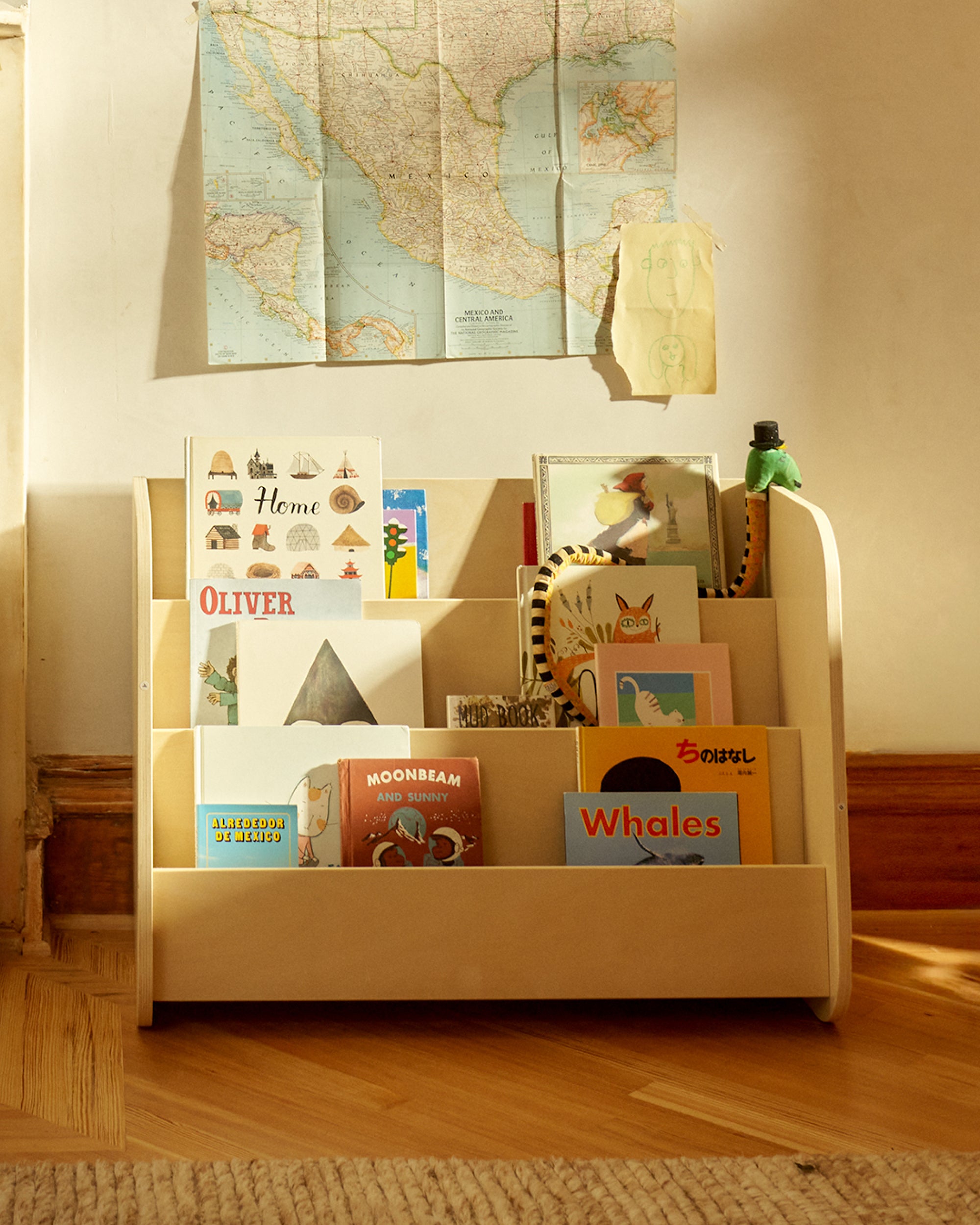



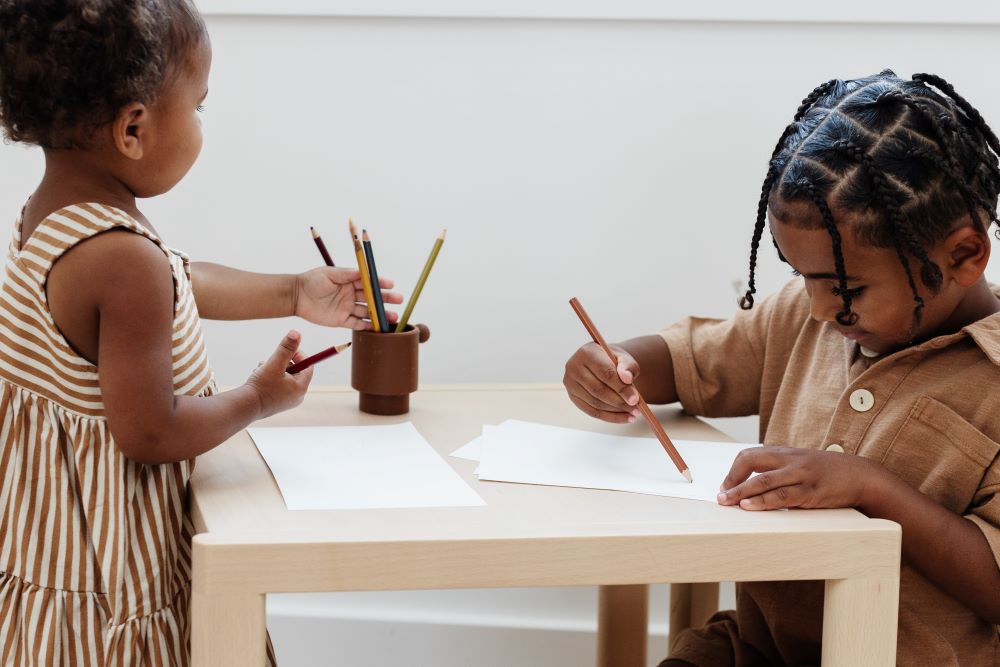

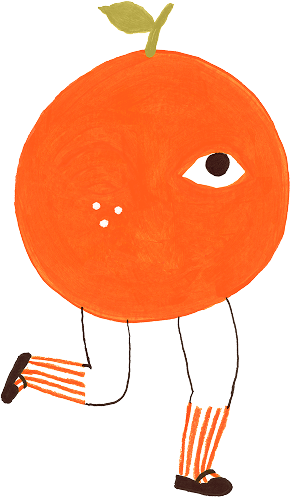

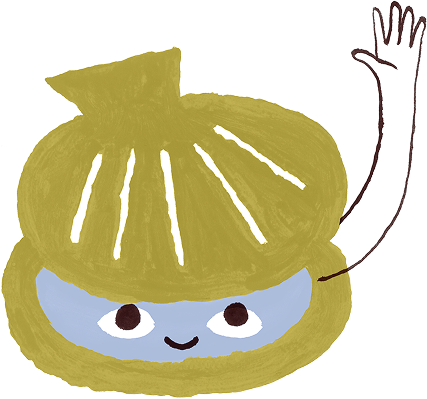

Leave a comment
This site is protected by hCaptcha and the hCaptcha Privacy Policy and Terms of Service apply.